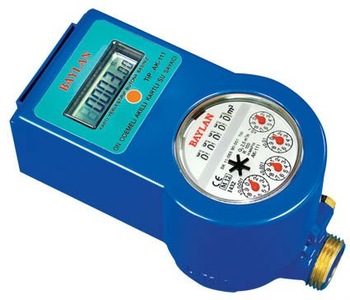The Bulawayo City Council (BCC) should first educate residents on prepaid water meters before rolling them out, Bulawayo United Residents’ Association (BURA) has said.
On Tuesday, the BCC passed a resolution that will see the local authority installing pre-paid water meters as a way of generating revenue despite rejection by the residents.
Speaking to CITE, BURA chairperson Winos Dube said the council had to educate residents on prepaid meters so that they understand and appreciate the concept.
“Council should make extensive consultation with residents and educate them on how these meters work.
“This is the same case with ZESA whereby residents firstly rejected prepaid electricity but eventually appreciated them because they saw that they are wise and harmless,” said Dube.
Bulawayo Progressive Residents Association (BPRA) was also concerned with the failure by the local authority to consult residents on the matter, as they are the very people who will be affected by the adoption of the system.
BPRA, however, felt the meters were an infringement to citizen’s right to clean water.
“The introduction of water restrictors/limiters would be an infringement of citizens’ right to access to clean water.
“This on its own has a lot of implications as it affects the livelihoods of the people and might in turn result in a rise in unhealthy practices by residents all in a bid to save their allocated water, such as open defecation which might be a catalyst in breeding diseases which have proved troublesome to contain such as cholera, which has claimed over 4000 lives in the country,’ said Emmanuel Ndlovu, BPRA’s coordinator.
Ndlovu said the installation of these meters could be costly for the cash-starved council.
“From an economic perspective, one has to ask the question who will foot the bill for the purchase of these devices as the local authority has been uttering statements highlighting inadequate funds as a cause for lack of quality service delivery.
“Thus considering the current economic state of the country and the financial position of the local authority, red flags can be raised on the Local Authority’s priorities and planning,” highlighted Ndlovu.
BPRA felt there were other effective and less costly alternative methods which the local authority can adopt in order to monitor water usage and manage the debt situation in the City such as imposing penalties for unreasonable usage of water and stiffer penalties for repeat offenders.

